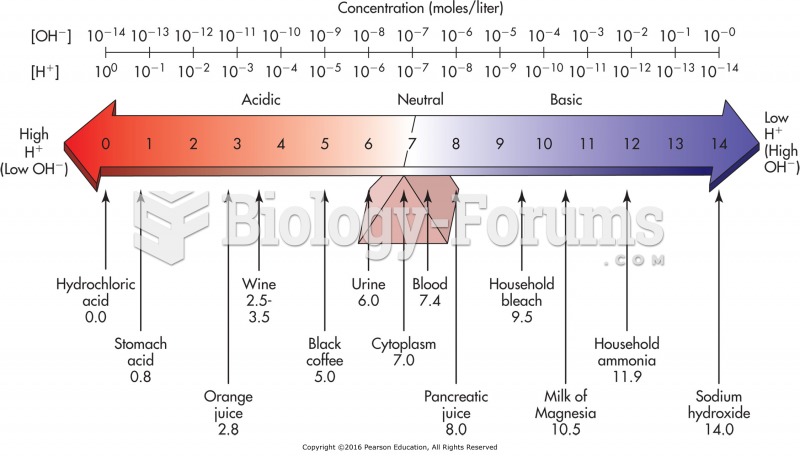This topic contains a solution. Click here to go to the answer
|
|
|
Did you know?
The people with the highest levels of LDL are Mexican American males and non-Hispanic black females.
Did you know?
More than 4.4billion prescriptions were dispensed within the United States in 2016.
Did you know?
Opium has influenced much of the world's most popular literature. The following authors were all opium users, of varying degrees: Lewis Carroll, Charles, Dickens, Arthur Conan Doyle, and Oscar Wilde.
Did you know?
Women are 50% to 75% more likely than men to experience an adverse drug reaction.
Did you know?
Calcitonin is a naturally occurring hormone. In women who are at least 5 years beyond menopause, it slows bone loss and increases spinal bone density.






